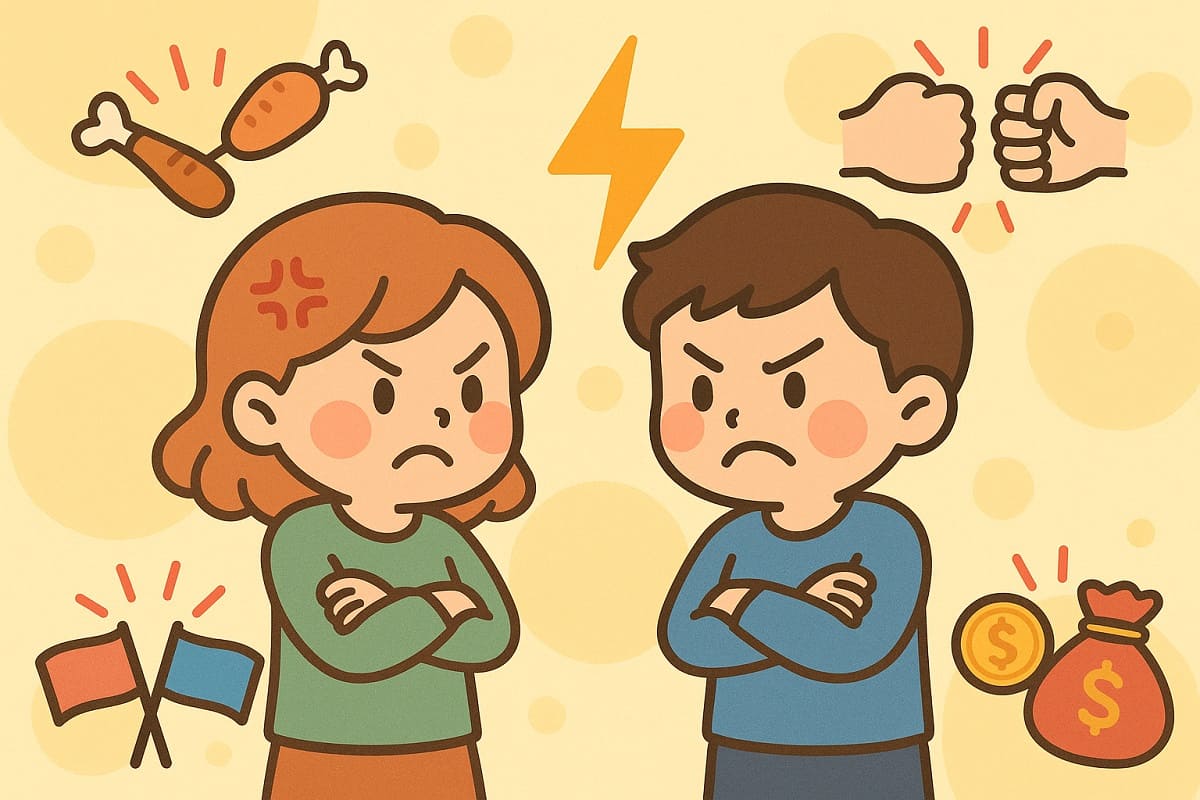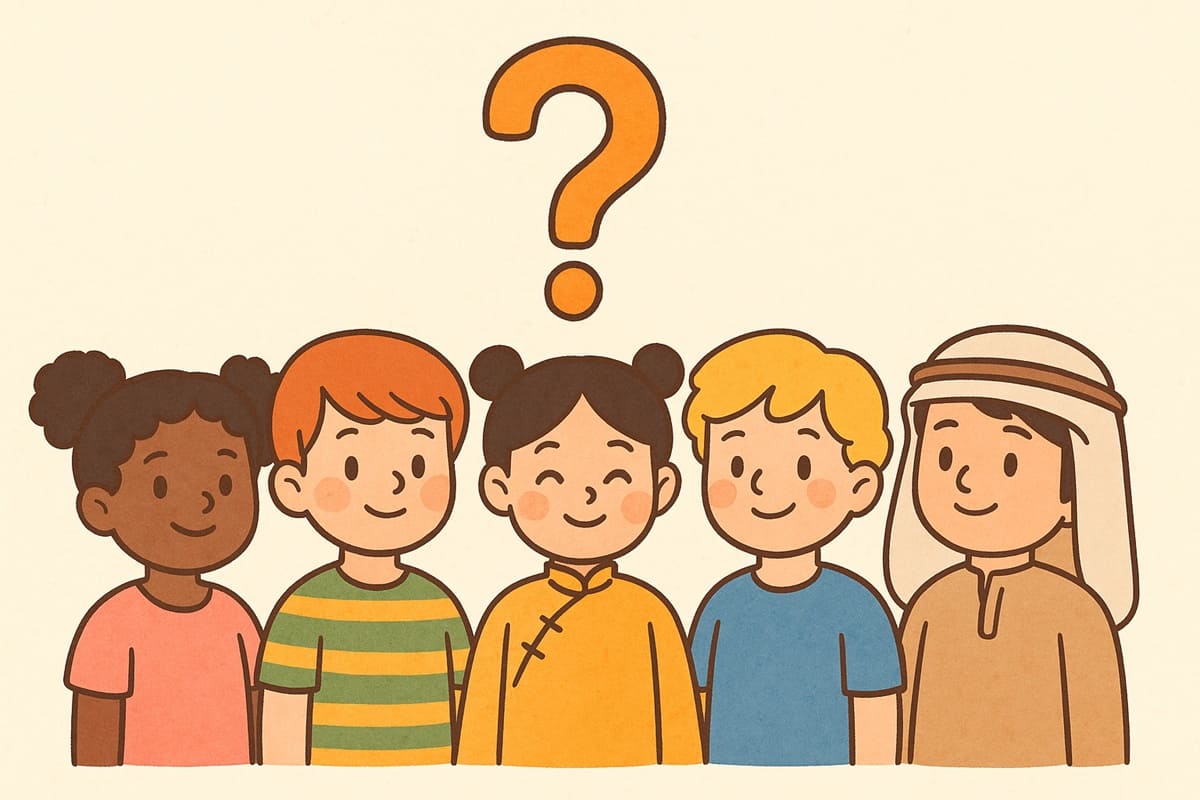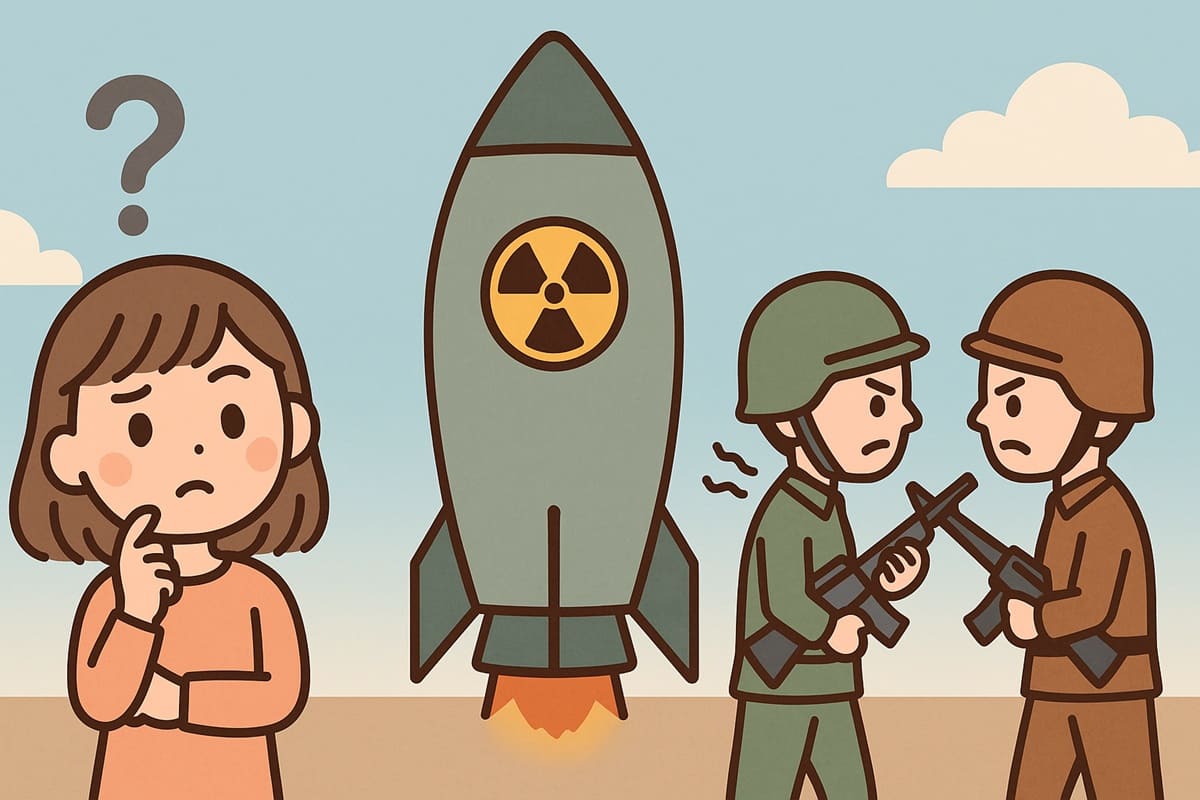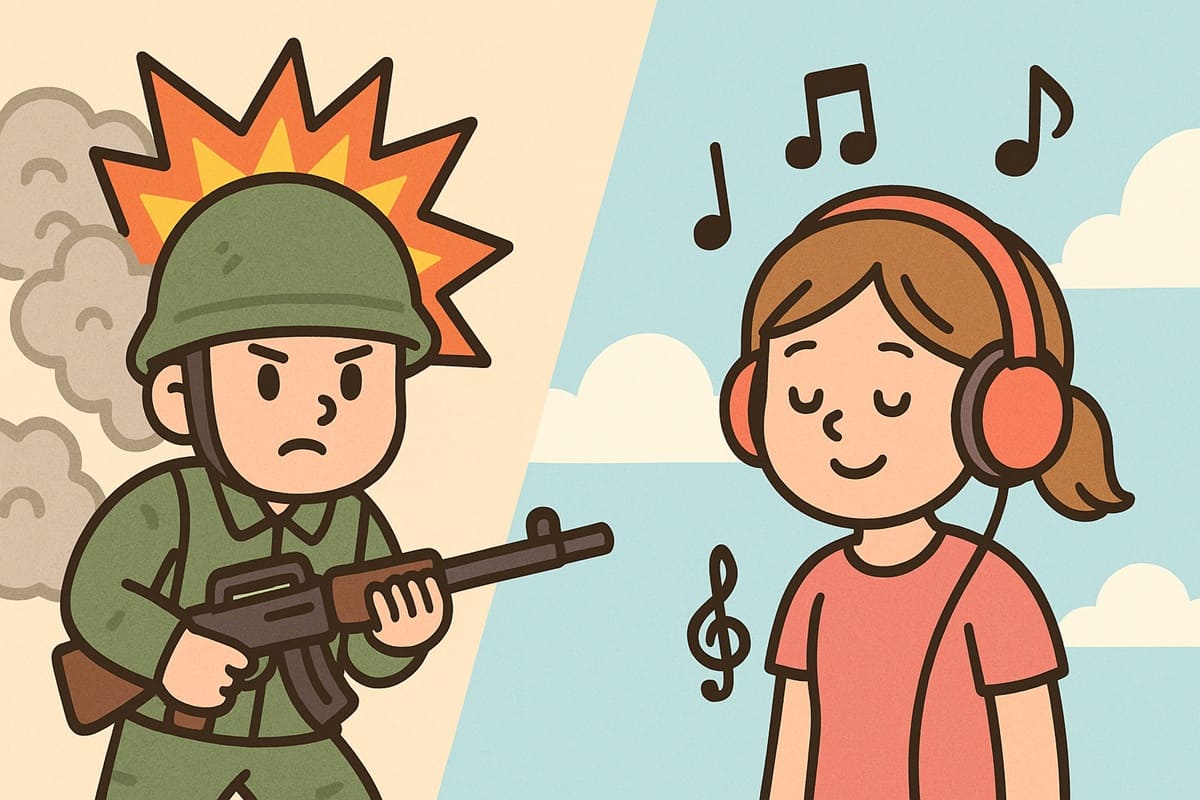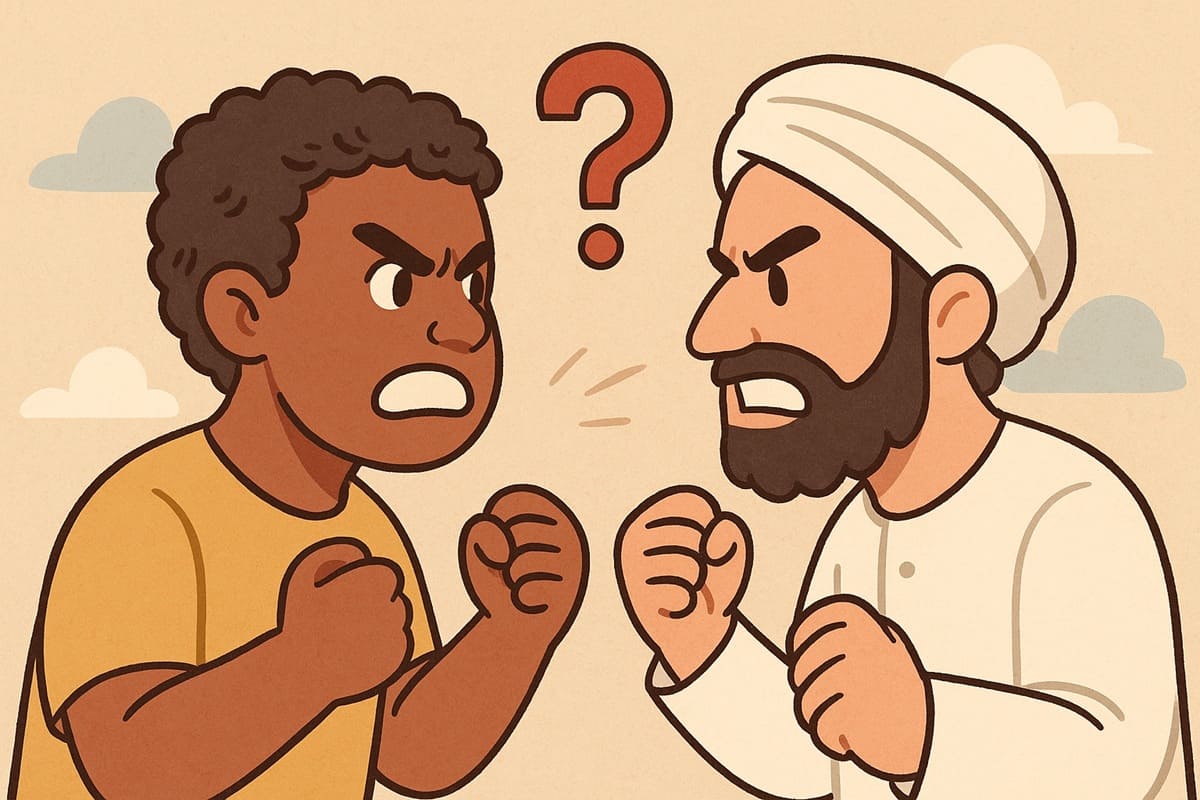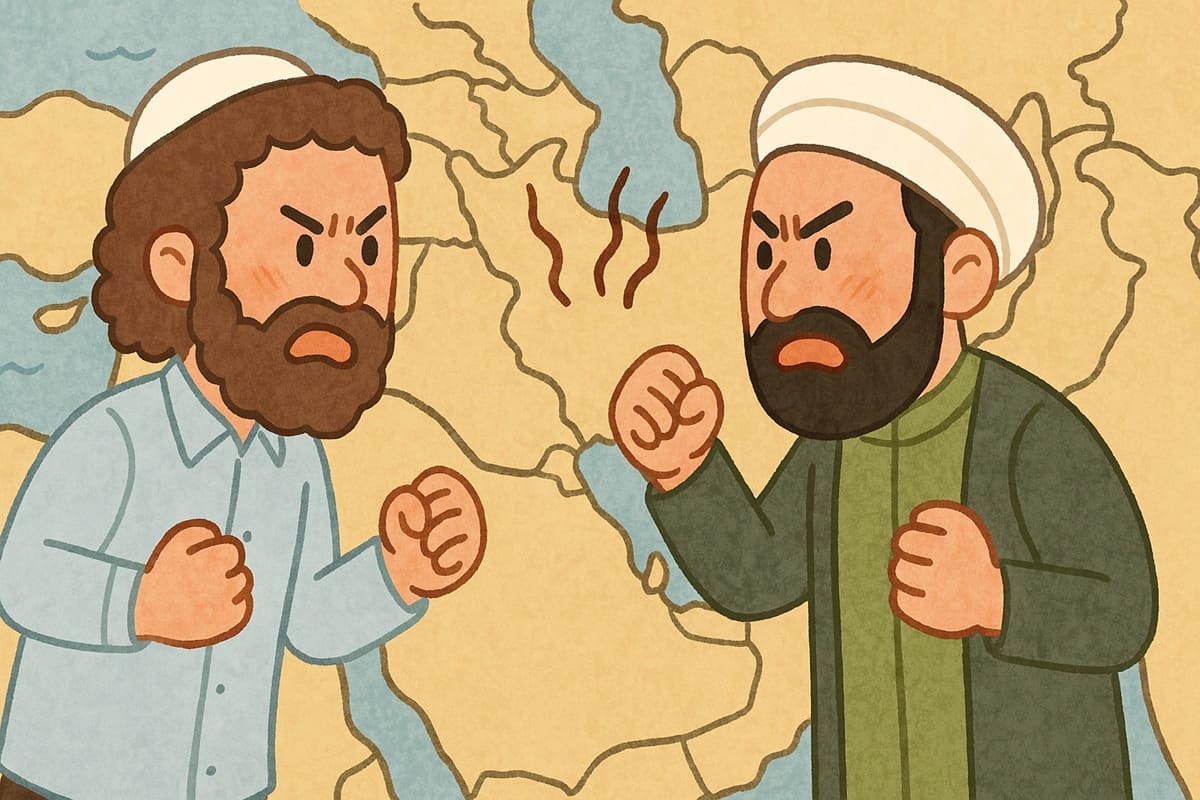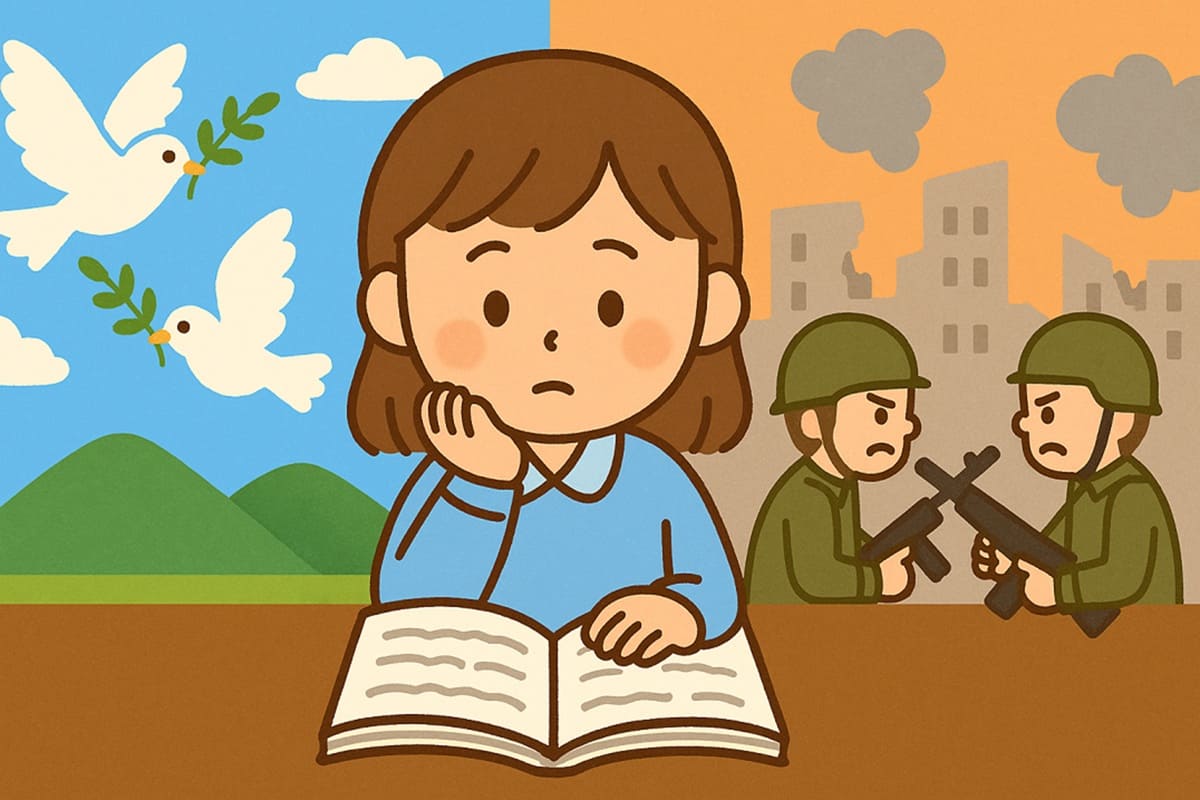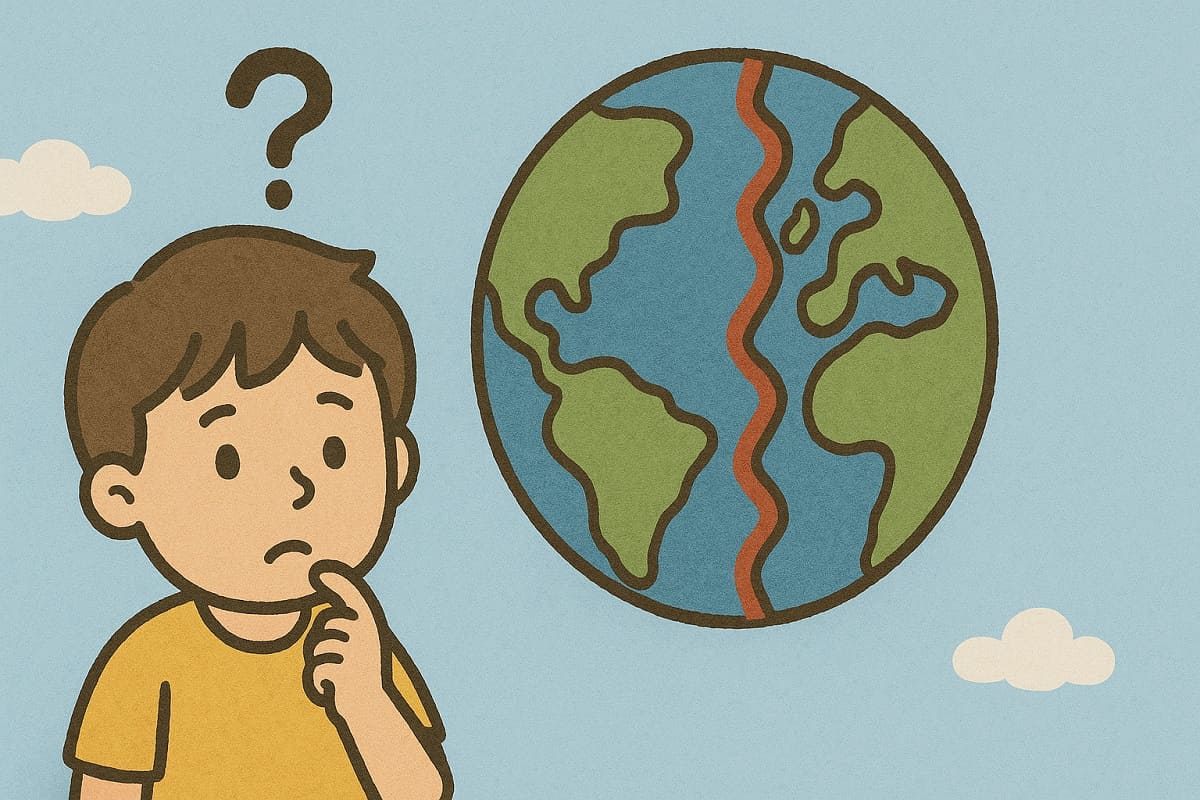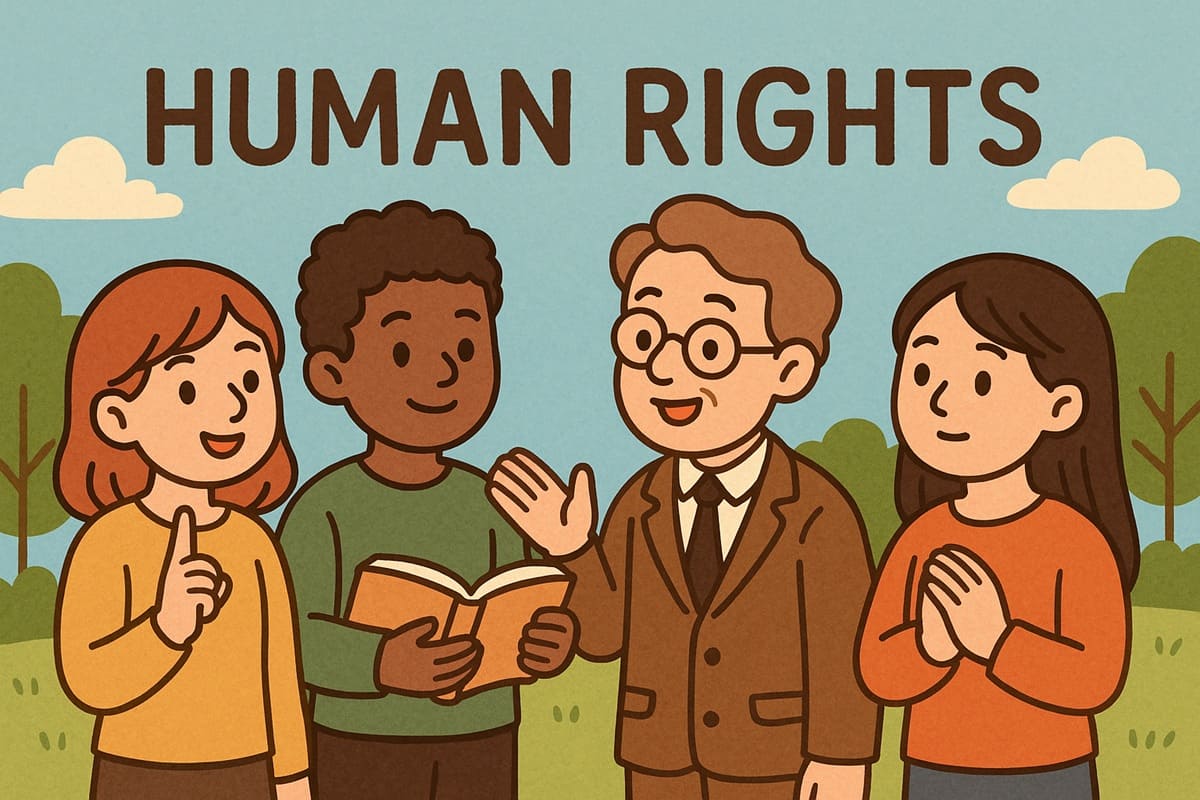Why Did Russia Attack Ukraine?
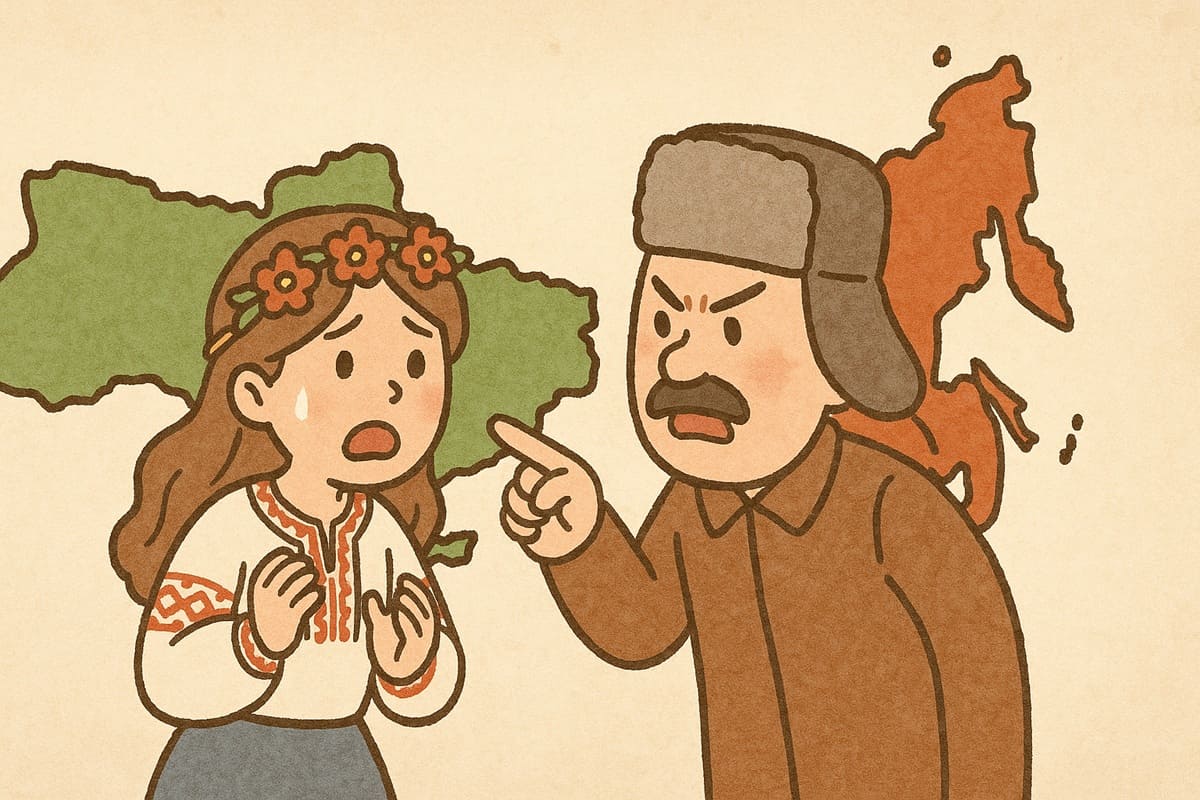
On February 24, 2022, Russia suddenly attacked Ukraine. Many people saw it in the news and wondered, “Why would Russia do that?” This article explains the reasons behind Russia’s attack on Ukraine—from historical, political, military, economic, and cultural perspectives—in the clearest way possible.
Russia’s Anxiety About NATO’s Expansion
The most commonly cited reason for Russia’s attack is its fear of NATO (North Atlantic Treaty Organization), a military alliance of the US and European countries that promises mutual defense. Since the end of the Cold War, many former Soviet and Eastern European countries joined NATO.
Russia has long disliked this. It felt it was dangerous to have the United States and its allies so close to its borders. Ukraine also yearned to join NATO, which Russia saw as a “red line” that must not be crossed.
Was Ukraine Originally Part of Russia?
Russian President Putin often says, “Russians and Ukrainians come from the same people,” referring to the medieval state of Kievan Rus’ as their shared roots.
But Ukrainians believe, “We are different from Russia. We are an independent nation.” Especially after Russia annexed Crimea in 2014, more Ukrainians felt, “We won’t rely on Russia anymore—we’ll align with Europe.”
Russia, in turn, grew concerned that Ukraine’s shift westward made it hostile and felt it had to bring Ukraine back into its sphere of influence.
Framing the Attack as “Self-Defense”
Putin described the attack of Ukraine as “defensive.” He labeled the Ukrainian government as “neo-Nazi extremists” and claimed that Russian-speaking people in eastern Ukraine were facing persecution.
Most countries and experts have rejected these claims as baseless. However, Russia likely created this narrative to convince its own citizens and soldiers that this was a “just war.”
Ukraine’s Military Build-Up Triggered Alarm
Since Russia’s annexation of Crimea in 2014, Ukraine had been strengthening its military, aided by training and weapons from the US and NATO.
Russia feared a powerful Ukrainian military might try to reclaim Crimea or pro-Russian regions in eastern Ukraine. Believing it was gaining strength, Russia may have decided to strike preemptively.
Economic and Energy Issues
Ukraine serves as a transit corridor for Russian natural gas to Europe, generating transit fees for Ukraine. Russia, however, has built alternative pipelines—like Nord Stream—bypassing Ukraine entirely and undercutting Ukraine’s revenue.
Additionally, as Ukraine deepened ties with the EU, its economic dependency on Russia weakened. Russia perceived this as losing Ukraine from its economic sphere.
Domestic Politics in Russia
Facing economic stagnation and growing public dissatisfaction, some believe Russia’s leadership provoked war to rally its citizens around an external adversary, thus distracting from internal discontent.
Summary: A Confluence of Multiple Motives
In reality, Russia’s attack on Ukraine wasn’t driven by a single cause. It was the result of overlapping factors:
- Fear of NATO’s proximity
- Loss of Ukraine to the Western influence
- Desire to uphold its own historical and cultural identity
- Military and economic insecurity
- Diversion from domestic issues
That said, regardless of the motives, invading another country by force is against international law. Many Ukrainians continue to suffer. When considering this issue, it’s vital not only to ask “who is to blame” but also “why this happened.” Understanding these reasons can help us think about how the world should cooperate to maintain peace.
Main References
- Bush Center. (n.d.). How Ukraine remade its military. George W. Bush Presidential Center.
- Council on Foreign Relations. (2023). The invasion that shook the world. Council of Councils Global Memos.
- Harvard Kennedy School. (2022). ‘Rally around the flag’ effects in the Russian–Ukrainian war.
- OSW Centre for Eastern Studies. (2021). Putin’s article: ‘On the historical unity of Russians and Ukrainians’.
- Responsible Statecraft. (2022). Why Crimea is the key to the Ukraine war.
